Whether you give birth in a hospital or elsewhere, when a baby is first born, there are many things that are completed almost immediately to assess their well-being. They are cleaned, weighed, and measured. They have their heartbeat and respiration checked. They are swaddled and fed. They have their hearing screened.
What is a Newborn Hearing Screening?
That last part – their hearing screened – may have been unfamiliar to some parents of newborns. Until I was in school studying speech, language, and hearing sciences, I did not know that most newborns had their hearing screened. It is important to note that newborn hearing screenings are not mandated in all states; only 43 states in the United States require newborn hearing screenings before the newborn reaches one month of age. However, according to the CDC, in 2014, 96.1% of babies born in the United States had their hearing screened before they were one month old. So maybe the sentence, “They have their hearing screened” was a little bit of a stretched truth on my part because not all newborns have their hearing screened…but I wish it was not.
I wish it was not a stretched truth because newborn hearing screenings are important! They are important because having adequate hearing is critical for the development of speech and language. But before we dive into the importance of newborn hearing screenings, let’s find out what newborn hearing screenings actually entail.
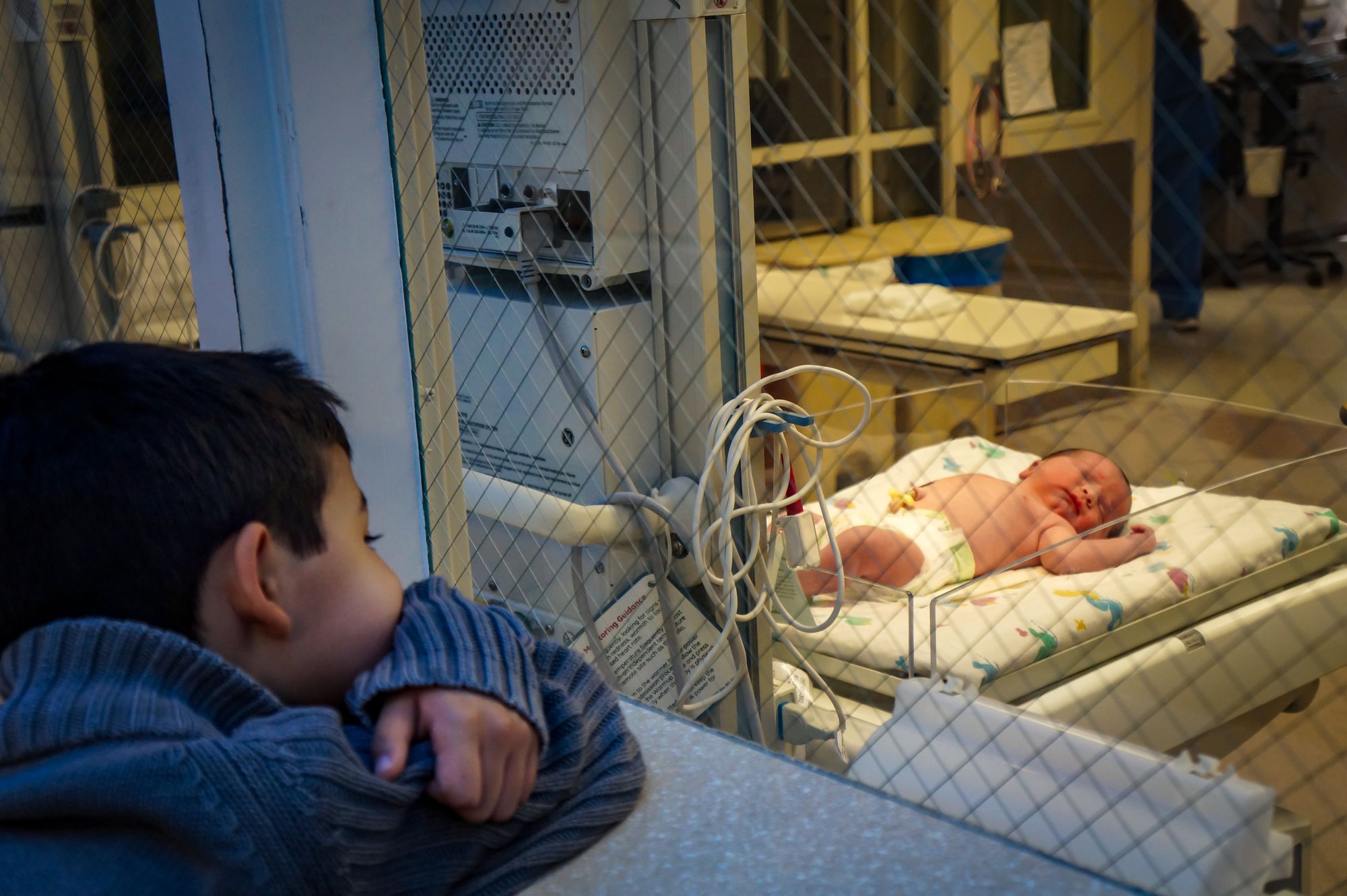
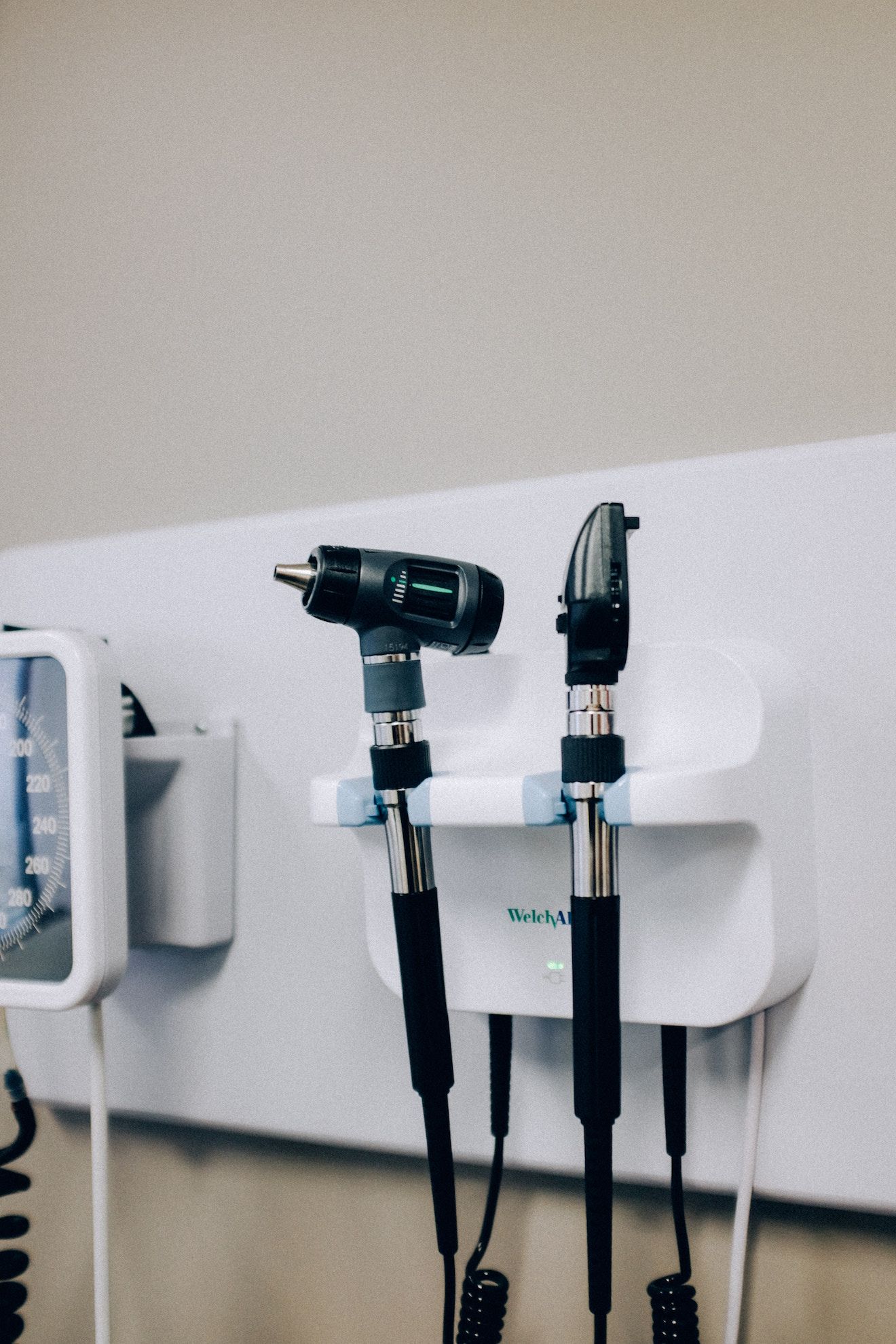
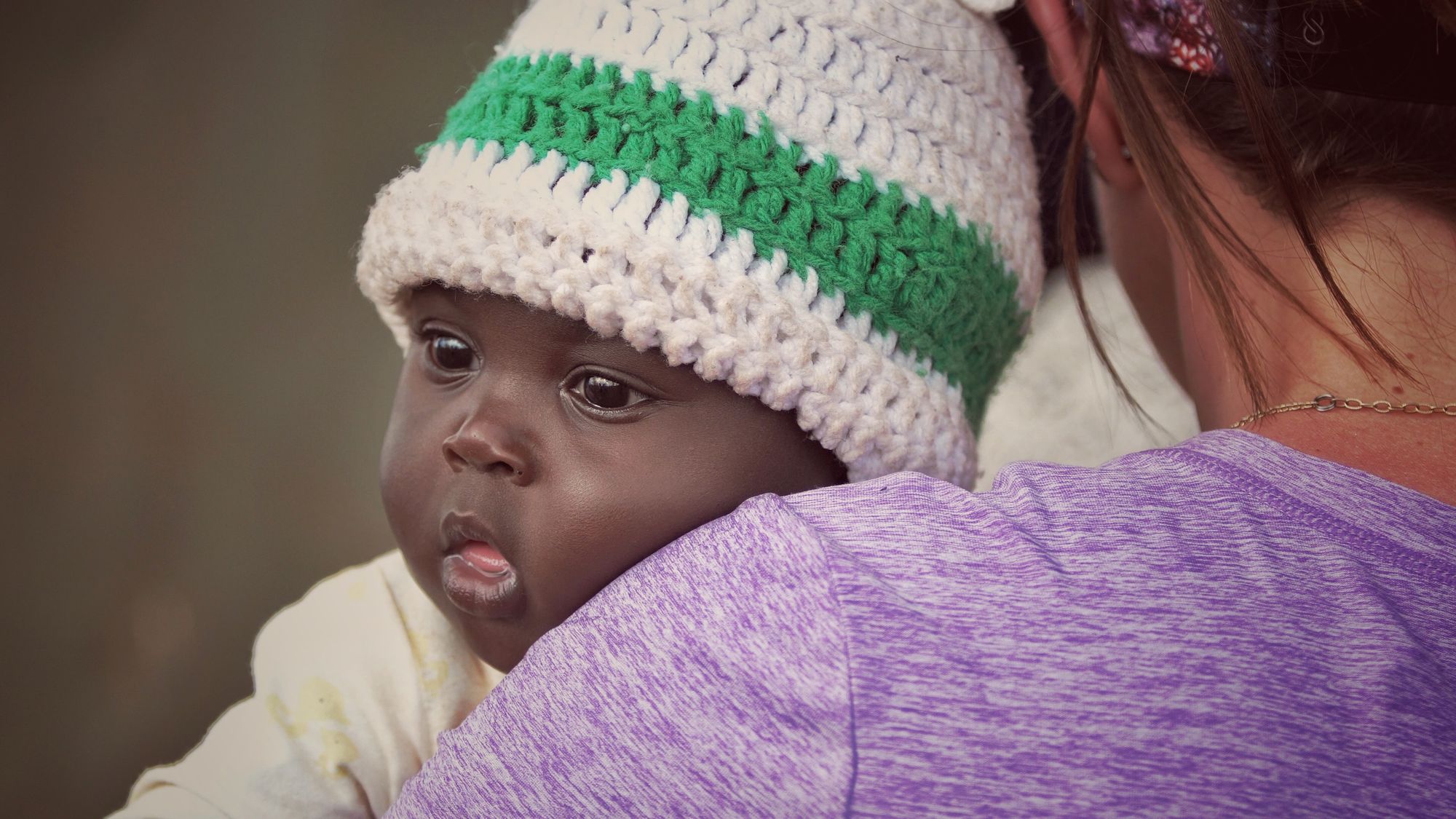
#1 What is the difference between a hearing screening and a test?
To keep it short – a screening is done to determine whether or not more testing is required. In newborn hearing screenings, the screening is performed and the newborn either passes, i.e., they are deemed not to be at risk for hearing loss, or they are referred, i.e. they need more testing to determine whether or not there is a hearing loss, or if they are at risk for developing hearing loss.
#2 What is done during the newborn hearing screening?
If you have had hearing screenings done before in your child/adult life, you likely did something along the lines of this: you wore headphones and raised your hand when you heard a sound. Obviously, babies are not able to do this. This is where modern technology comes in: babies do not have to do anything during a screening, they can even be asleep, and medical tests are used to measure their hearing.
There are two possible tests that can be performed: otoacoustic emissions (OAE) and auditory brainstem response (ABR). OAE tests measure how the newborn’s ears physically respond to noise being presented. If there is an echo, this means that the ear physically responded to the noise. If there is not an echo, this means the ear may not have responded, and the newborn may not be able to hear properly.
ABR measures how your newborn’s auditory nerve and brainstem respond to sound. Though sound travels through your ear, you really “hear” sounds in your brain. Where OAE tests examine the physical components of hearing, the ABR tests examine the neurological components of hearing.
#3 What happens if my newborn passes the screening?
You do not need to do anything right now. As your newborn grows up, they will likely have their hearing screened at medical appointments or at school. Continue to ensure they have normal hearing, or take action if it is warranted at that time.
#4 What happens if my newborn does not pass the screening? Does this mean they have a hearing loss or are deaf?
They will likely be referred to a pediatric audiologist, where more testing will be completed, and a proper plan of action will take effect.
As with all types of screenings, there is a chance for error, which means your newborn’s hearing may actually be normal. It also does not necessarily mean they have permanent hearing loss, or are deaf. Following up with a pediatric audiologist is important, because they can provide more information about your newborn’s hearing, and explore treatment options, if necessary.
#5 Why are newborn hearing screenings so important?
From the moment a newborn is born, they are absorbing all sorts of new information through their senses – sight, taste, vision, touch, and hearing. They were exposed to some of these things prior to birth, but it is even more intense now. Adequate exposure to all of these senses is critical for proper development. As SLPs, we are interested in speech and language development, which develops via hearing speech and language from others. If a newborn may have a hearing loss, then their speech and language development could be affected. Having a hearing loss does not mean the newborn will definitely have their speech and language development affected.
Speech development:
If a newborn has a hearing loss, they may not hear all of the speech sounds, which may make learning how to produce those sounds more difficult as they grow older. Without going too in depth into speech sounds, decibels, and frequencies, an individual with a high-frequency hearing loss may have a greater difficulty hearing the sound /f/ as is “farm,” because /f/ is a high-frequency sound. If they are not exposed to hearing that sound as often as a low-frequency sound, such as /m/ as in “more,” they may not be able to produce the /f/ sound as accurately. This could lead to articulation difficulties in the future.
Language development:
If a newborn has a hearing loss, they may not hear as much language as a similar newborn without a hearing loss. Being exposed to language is critical to developing language skills. Picture a scenario where a newborn spends most of their time at their house with their parents and older sibling. Even if no one is talking to them specifically, they are likely to overhear conversations happening between others. Or, they could be playing on a floor mat, and 5 feet away their mother is engaging with them through spoken language. If the newborn has a hearing loss, they may not be actually hearing the conversations with or around them. This may impair their ability to develop language of their own.
Referring to speech and language developmental milestones, the first few years of an individual’s life is FULL of speech and language development. Having a possible hearing loss, and not addressing it promptly, could possibly affect speech and language development during this time.
So – ensure that your newborn receives a hearing screening!
Curious about more things hearing? Check out some of our related posts:
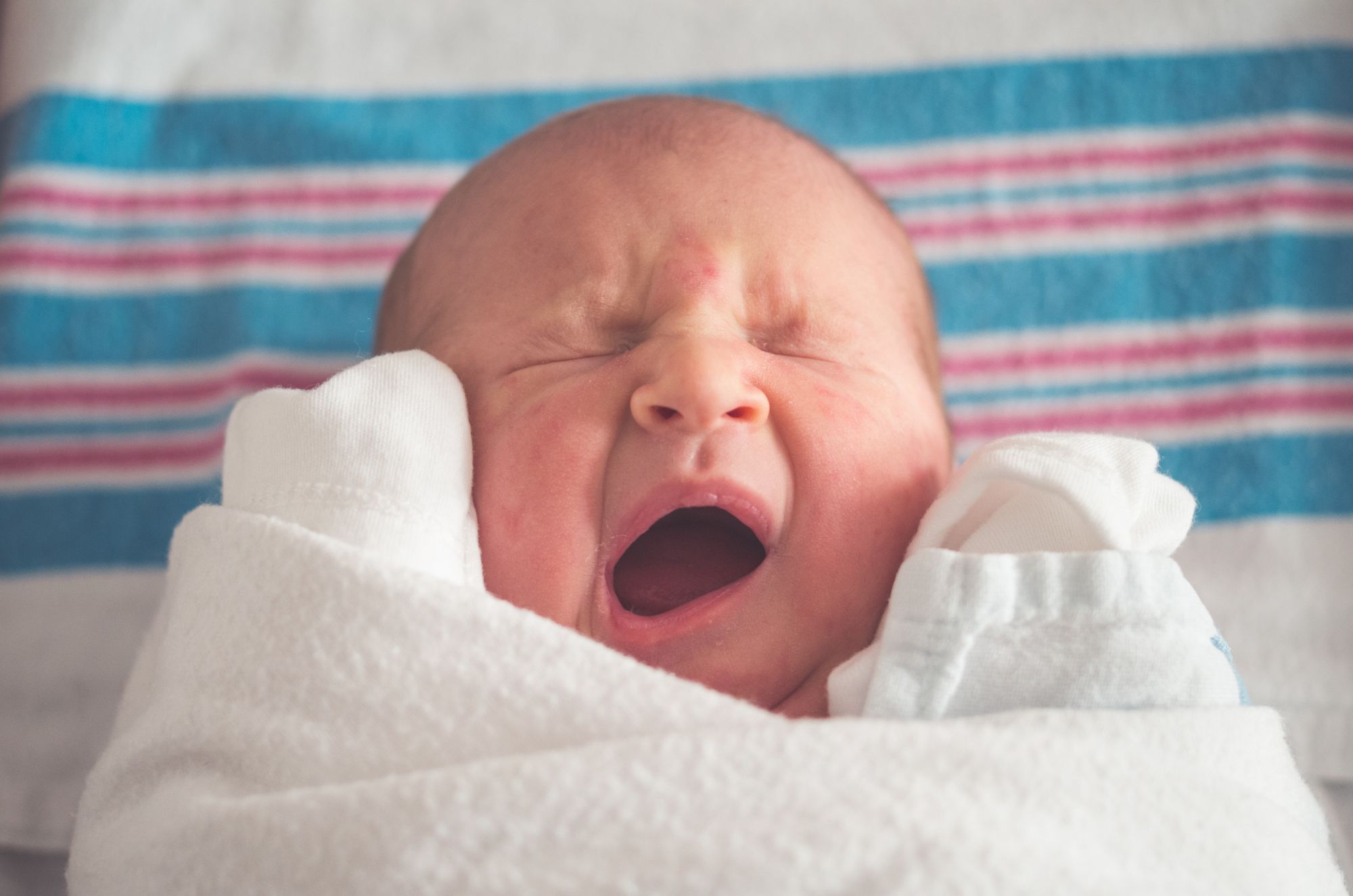
Citations/further resources:
https://www.infanthearing.org/legislation/
https://www.asha.org/Practice-Portal/Professional-Issues/Newborn-Hearing-Screening/
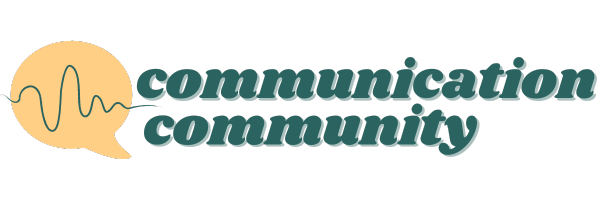
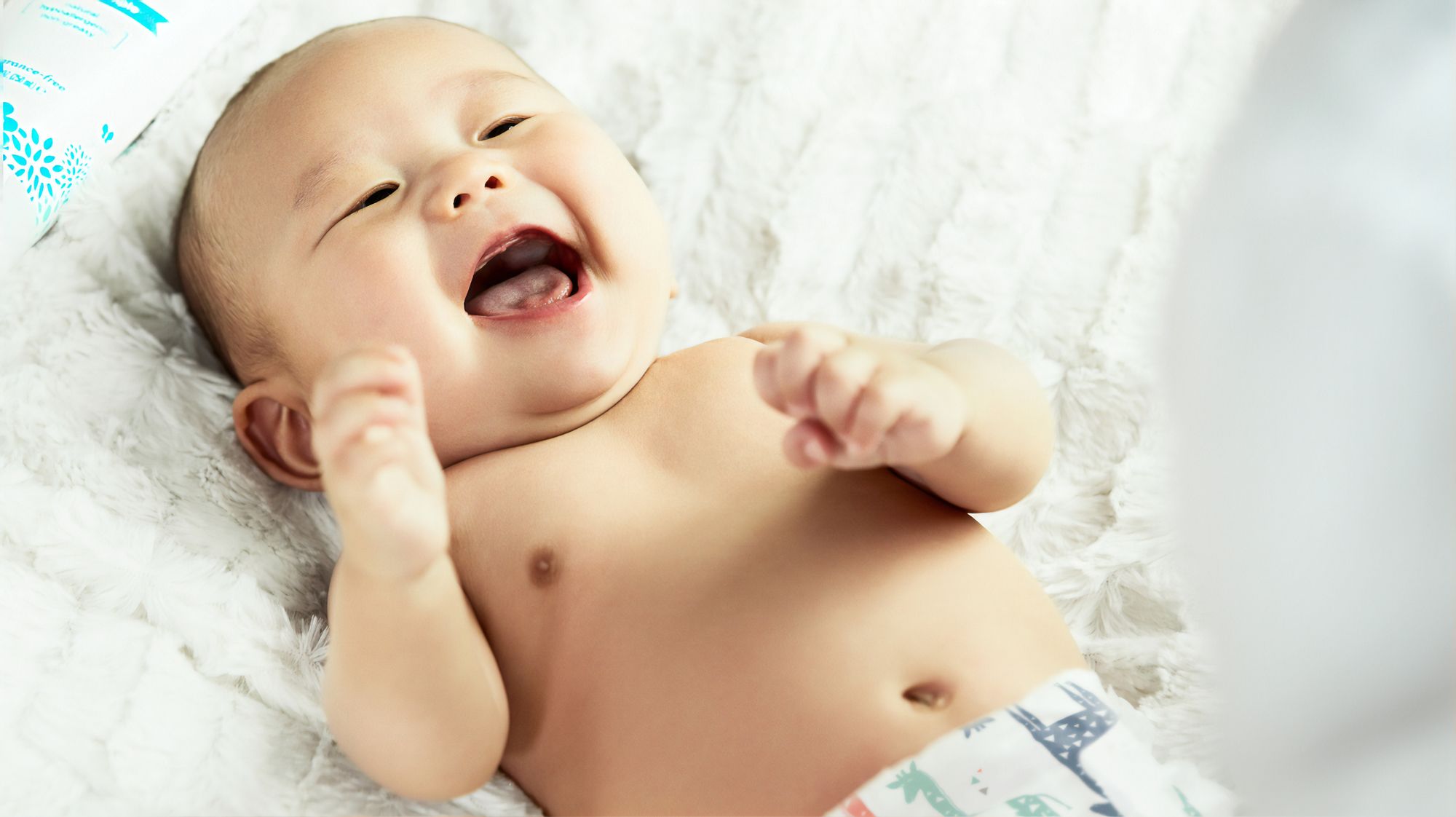
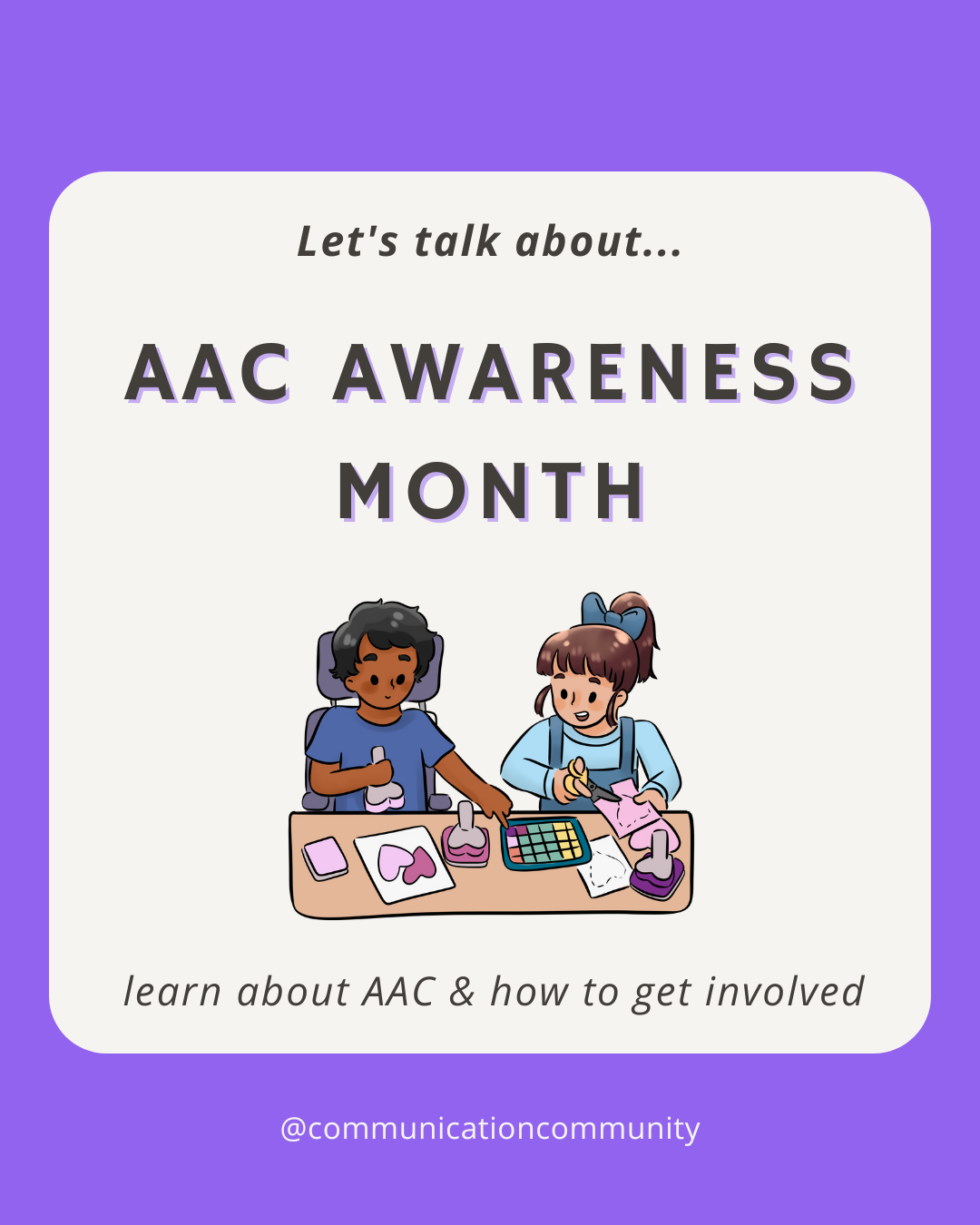
![How to Write Executive Functions Goals [with goal bank]](https://www.communicationcommunity.com/content/images/2024/10/How-to-Write-Executive-Functions-Goals.png)
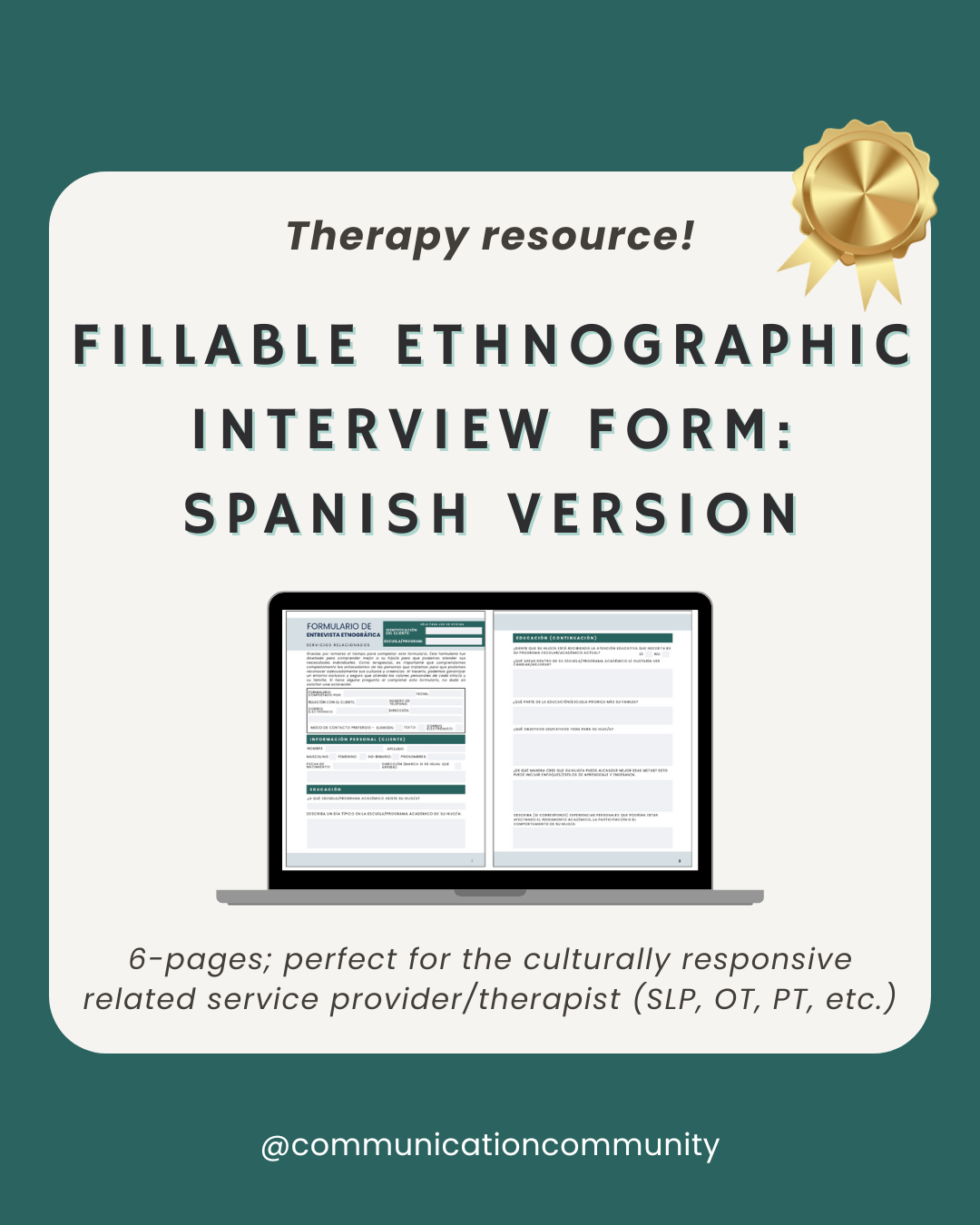
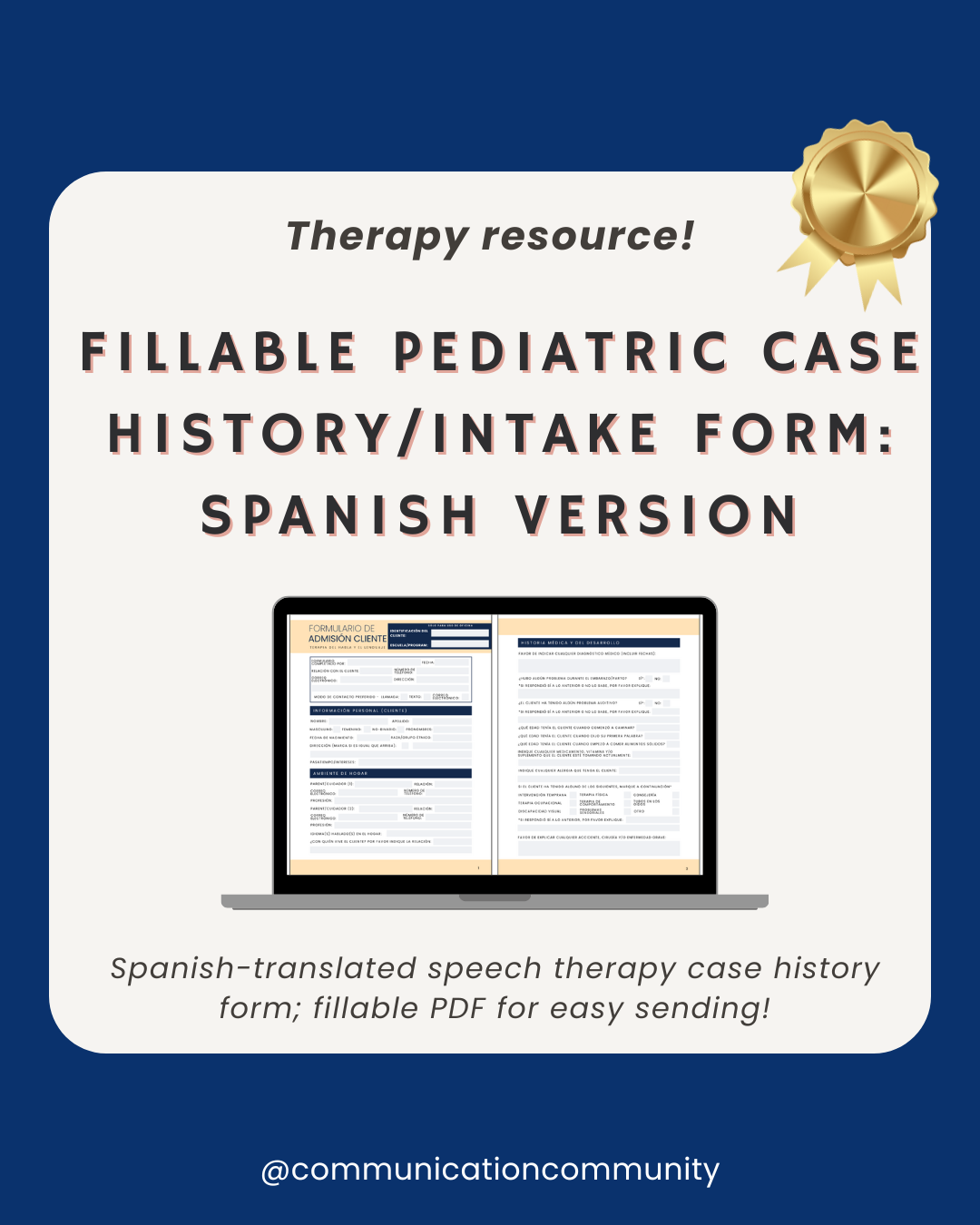
![How to Write Play Skills Goals [with goal bank]](https://www.communicationcommunity.com/content/images/2024/07/Play-Skills-Goals--updated---1-.png)
